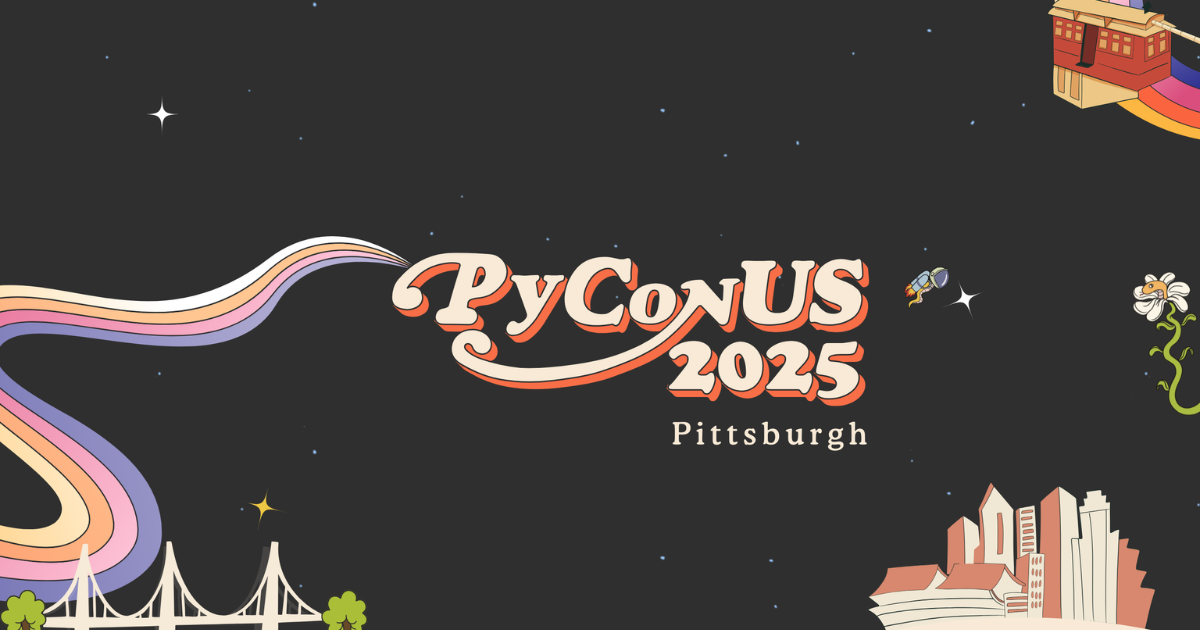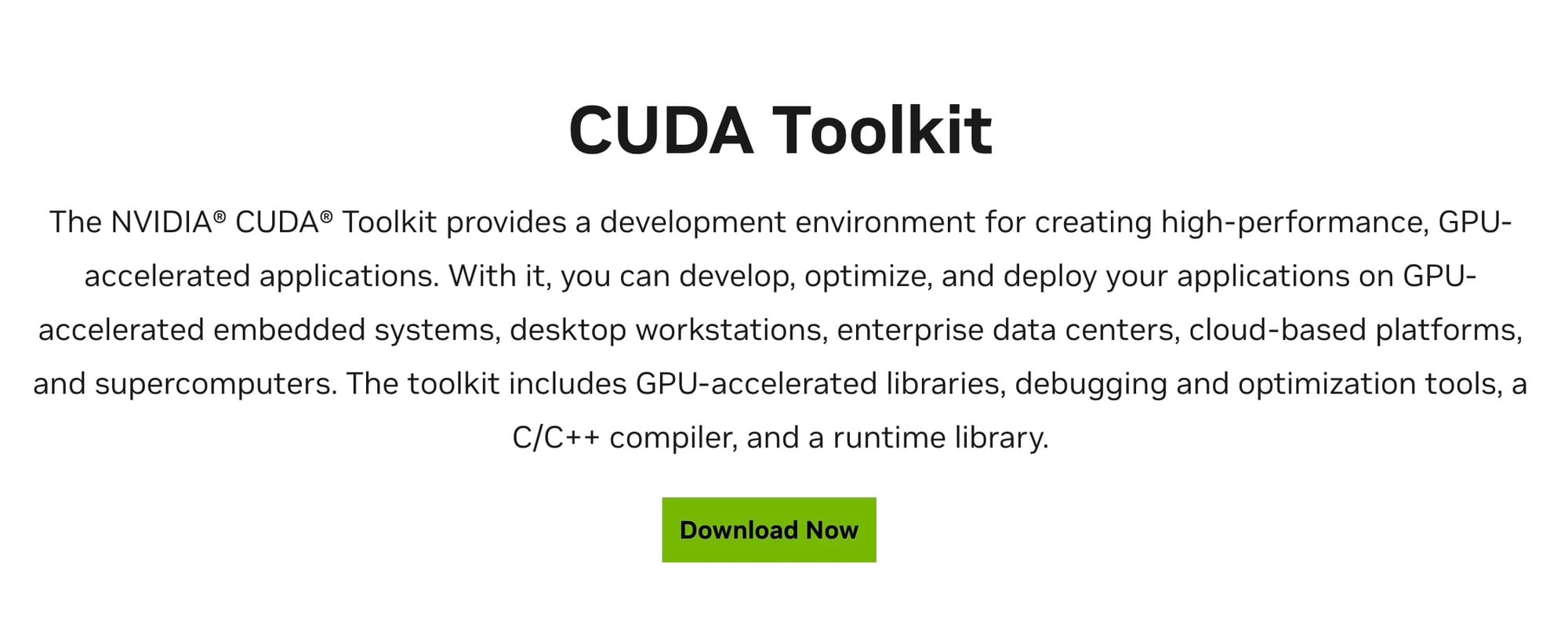NVidia has some good stuff going on at Pycon this year

PyCon is coming up next month and there are a lot of awesome sponsors hosting all kinds of interesting sessions. As we count down the days to PyCon 2025 we decided to start highlighting some of the awesome things that you as a Python dev who digs Data Science, should know about.
Recently Andy Terrel, the CUDA Product Lead for NVidia shared these two tweets on X highlighting some neats things that NVidia will be supporting that we think Python for Data Science fans will be particularly interested in.

GPU Programming in pure Python caught our attention the most, and if you don't know exactly what this means, let's break it down for a second, and yes - that means talking about CUDA.
So first, just to make sure we're all on the same page, let's do a quick TL;DR on CUDA ⬇️
CUDA is a parallel computing platform and programming model created by NVIDIA. With more than 20 million downloads to date, CUDA helps developers speed up their applications by harnessing the power of GPU accelerators. (Source - NVidia Blog)
Okay, but I can already predict your next question - how can you use CUDA? The easiest way to get started is to check out the CUDA Toolkit from NVidia.

Of course, I know you might also just want to look at some example code, so let's get to the good stuff, here's a sample code snippet using CUDA ⬇️
from numba import cuda
import numpy as np
@cuda.jit
def add_kernel(x, y, out):
idx = cuda.grid(1)
out[idx] = x[idx] + y[idx]
def main():
N = 20
x = np.arange(N, dtype=np.int32)
y = np.arange(N, dtype=np.int32)
out = np.empty_like(x)
threads_per_block = 32
blocks_per_grid = (x.size + (threads_per_block - 1)) // threads_per_block
x_gpu = cuda.to_device(x)
y_gpu = cuda.to_device(y)
out_gpu = cuda.to_device(out)
add_kernel[blocks_per_grid, threads_per_block](x_gpu, y_gpu, out_gpu)
cuda.synchronize()
out_gpu.copy_to_host(out)
print("Result:", out)
if __name__ == "__main__":
main()
Of course, you can read this snippet, check out the documentation, but there's nothing like talking to an expert like Andy in-person at an event like PyCon. Conferences give you the chance to talk through your specific use-cases, ask questions, and walk through your code live with the people who know this stuff forward and backwards.
So if you've been on the fence about attending PyCon this year, maybe it's time to make the decision, and that decisions is yes, right?